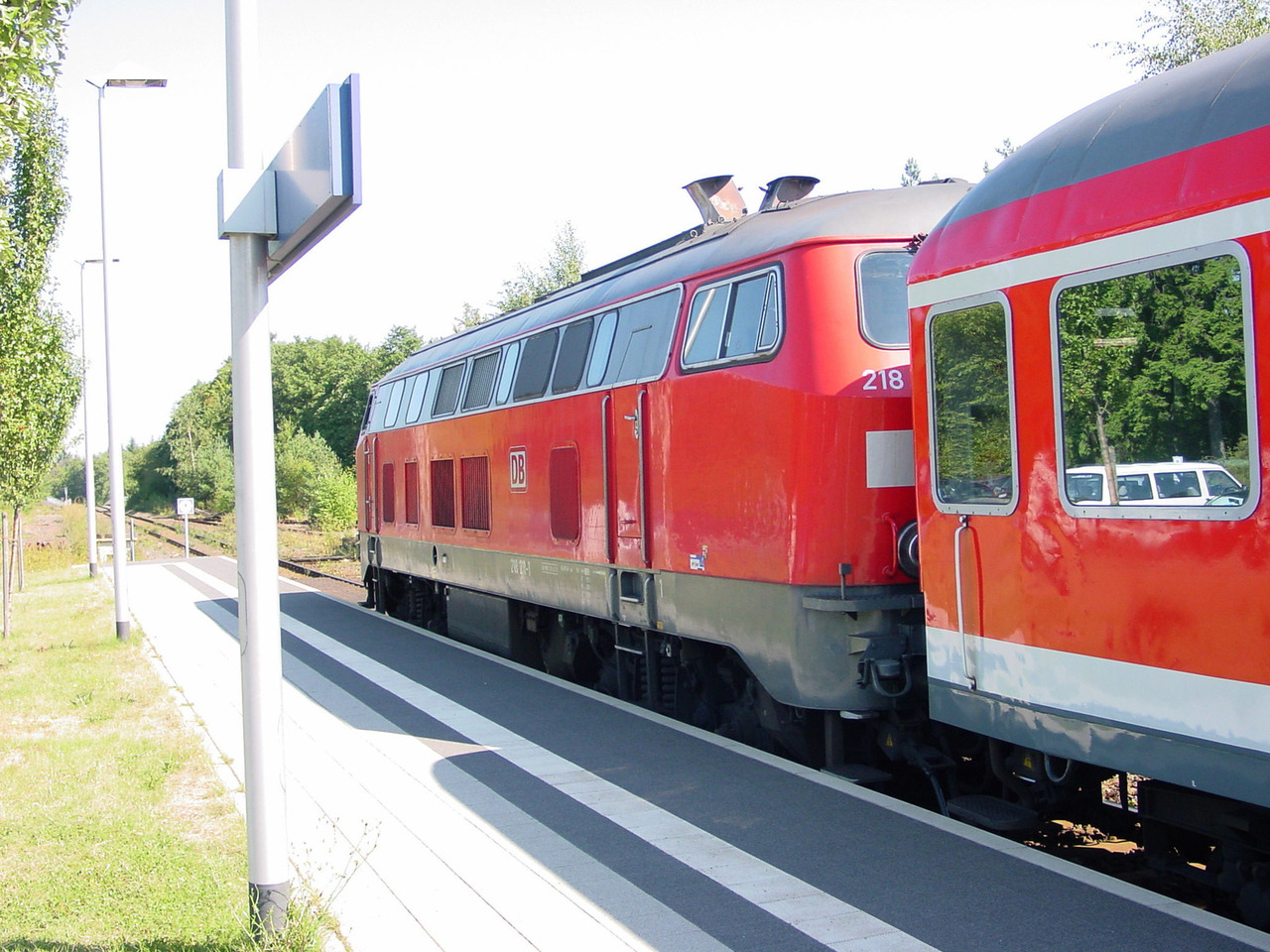
Construction machinery faces tighter air pollution limits but diesel trains and barges let off
Diesel trains and barges will not need to have exhaust treatment systems that are required for cars and trucks, under a new law agreed by EU governments and MEPs last night. T&E said the deal means citizens living along rail-lines and close to rail stations must continue to breathe cancer-causing diesel fumes – but the green transport group welcomed the fact that new diesel machinery such as construction machines and generators would be required to have exhaust treatment systems.
Julia Poliscanova, air pollution officer at T&E, said: “More diesel machines will now be required to clean up their act with diesel particulate filters. But diesel trains and inland barges shouldn’t be allowed to belch toxic fumes while the technology to clean up the emissions is available and routinely fitted to modern trucks. Moving more goods and people by rail and water shouldn’t result in a trade off for higher air pollution.”
However, the European Commission is to examine the possible retrofitting of existing diesel off-road machinery and present proposals after 2018.
Julia Poliscanova concluded: “The Commission should present an ambitious proposal to clean up existing trains, barges and construction machinery, which will continue to be used for decades.”
The proposed Non-Road Mobile Machinery (NRMM) regulation was meant to be a response to air pollutants from diesel trains, inland boats, and also the increasing use of stationary construction equipment, much of which is not covered by existing laws. Some existing legislation is thought to be out-dated, extremely complex, or not implemented by member states.
Diesel exhaust is carcinogenic, according to the World Health Organisation (WHO), and diesel machines are a major local source of urban air pollution near some railways stations and construction sites. In Europe every year air pollution causes 100 million sick days and more than 400,000 premature deaths. Similarly high concentrations of NO2 result in 72,000 premature deaths across Europe, with inland shipping’s share increasing each year.